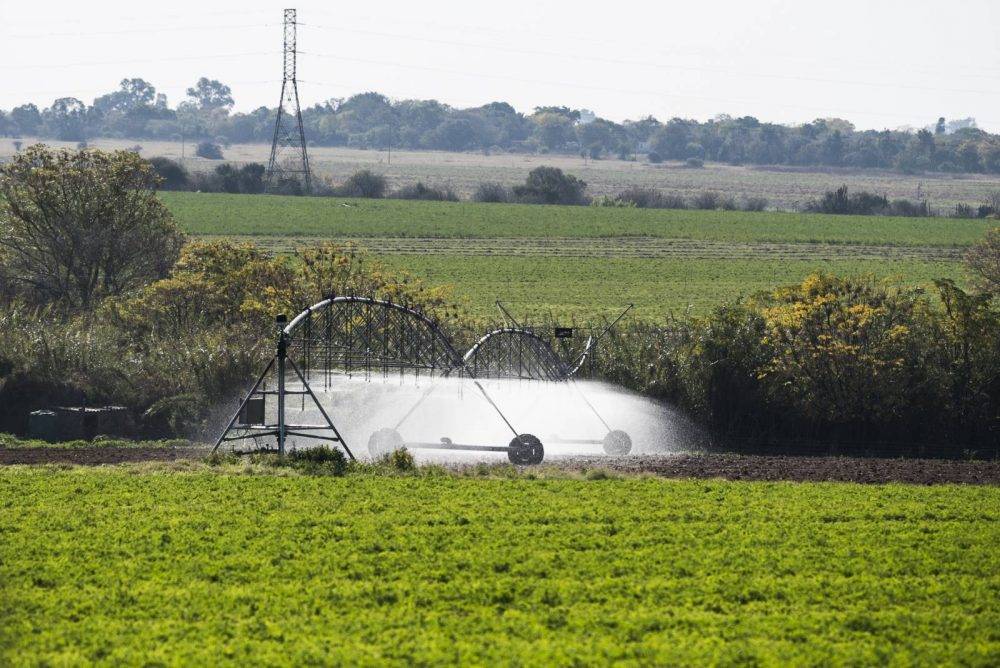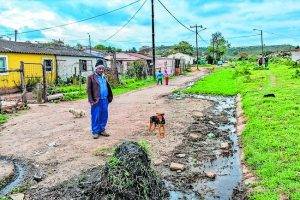
Chinese President Xi Jinping correctly remarked over the weekend that there are “no winners” in tariff wars. The full consequences of the unfolding tariff war are yet to be clear on a global growth scale, but they are certainly on the downside.
But a few countries may emerge as winners from a sectoral perspective. Brazil and Argentina are evolving as the leading agricultural exporters to China, as US farmers face higher retaliatory tariffs in China.
The Financial Times published an article this past weekend that explains what is unfolding in just these few months. It states that: “Brazil’s beef sales to China climbed a third in the first quarter of 2025, compared with a year earlier, while Chinese imports of its poultry increased 19% year-on-year in March, according to local trade associations. Meanwhile, foreign demand has seen Brazilian soybeans trading at a $1.15 premium to their US counterparts on global markets, having sold at a 25- discount only in January.”
This is not new. China started shifting to Latin America after the first trade friction with the US during President Donald Trump’s first term. I have shown this chart several times, accurately illustrating what is happening with China’s agricultural imports.
We think more about China in agriculture because China is a dominant player in global trade. In 2023, China was a leading agricultural importer, accounting for 11% of global farm imports, totalling more than $200 billion.
The leading suppliers of agricultural products to China in 2023 were Brazil, the US, Thailand, Australia, New Zealand, Indonesia, Canada, Vietnam, France, Russia, Argentina, Chile, Ukraine, the Netherlands and Malaysia.
The US position will probably decline further this year.
Reflecting on the current shifts in China’s agricultural imports and the dominance of Latin America has partly motivated us to argue that South Africa should also position itself among the key suppliers of farm products to China.
South Africa remains the only African country in China’s top 30 agricultural suppliers, ranked 28 in 2023. Still, South Africa remains a negligible player in the Chinese agricultural market, accounting for a mere 0.4% ($979 million) of China’s agricultural imports of $218 billion in 2023.
Given this reality and China’s efforts to diversify its agricultural suppliers, it is key that the South African message in engagements with the Chinese authorities should be more firm and persuasive in promoting agricultural exports.
South Africa has an agricultural surplus yearly, exporting about half of its yearly production. In 2024, South Africa’s agricultural exports amounted to a record $13.7 billion. This is nowhere close to the amount of money China spends annually importing agricultural products from the world, a staggering $218 billion.
South Africa is not deeply involved in China’s agriculture, among other things, because of the higher import tariffs and some phytosanitary constraints on various products.
With China focused on trade matters nowadays, South Africa must press them to open up the market and strengthen agricultural trade with our country. This should be a topic of conversation in engagements with Chinese authorities.
The Brazilian and Argentinian farmers cannot be the only winners in this challenging time; South Africa’s agriculture must be part of this global story.
Wandile Sihlobo is chief economist of the Agricultural Business Chamber of South Africa (Agbiz).





